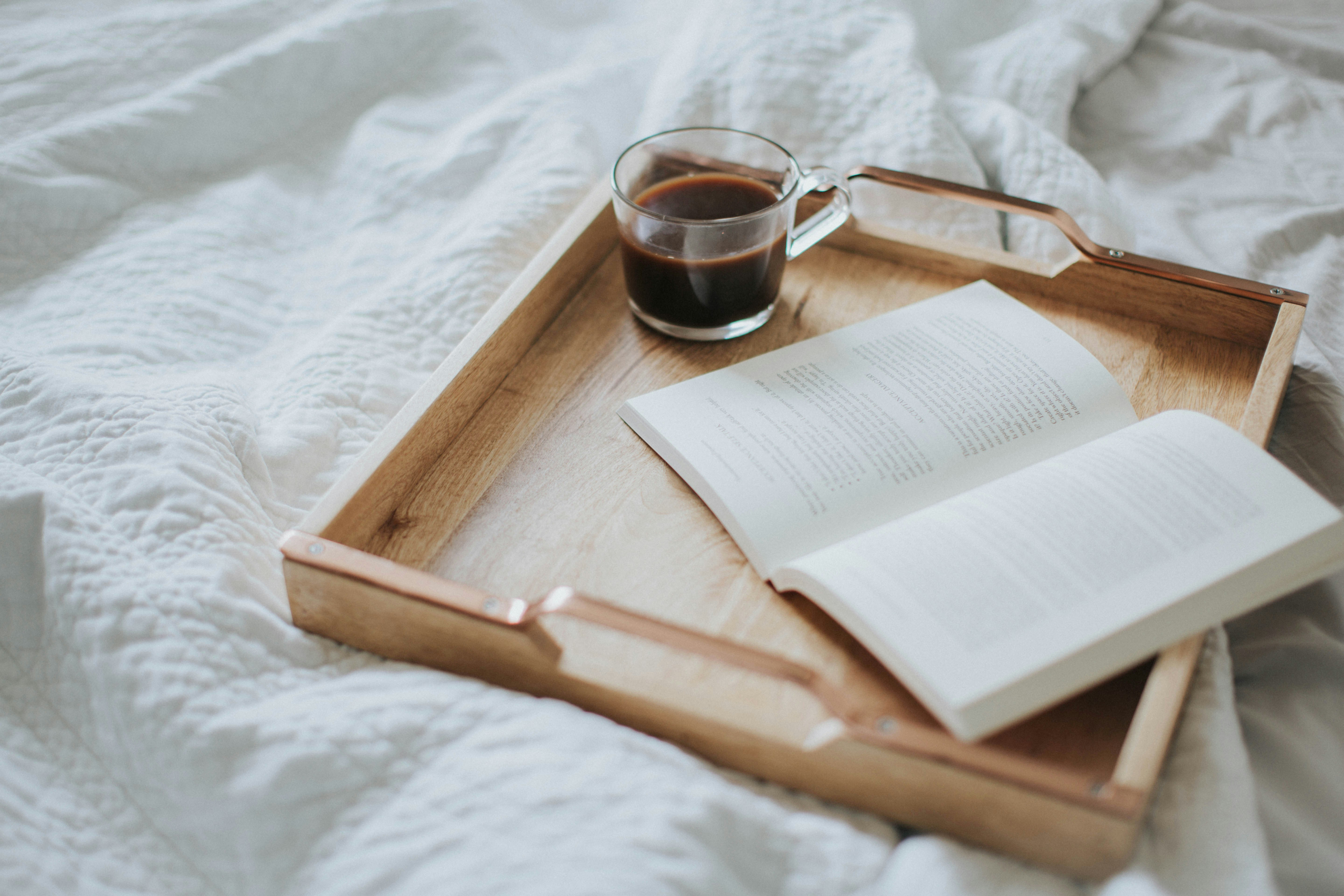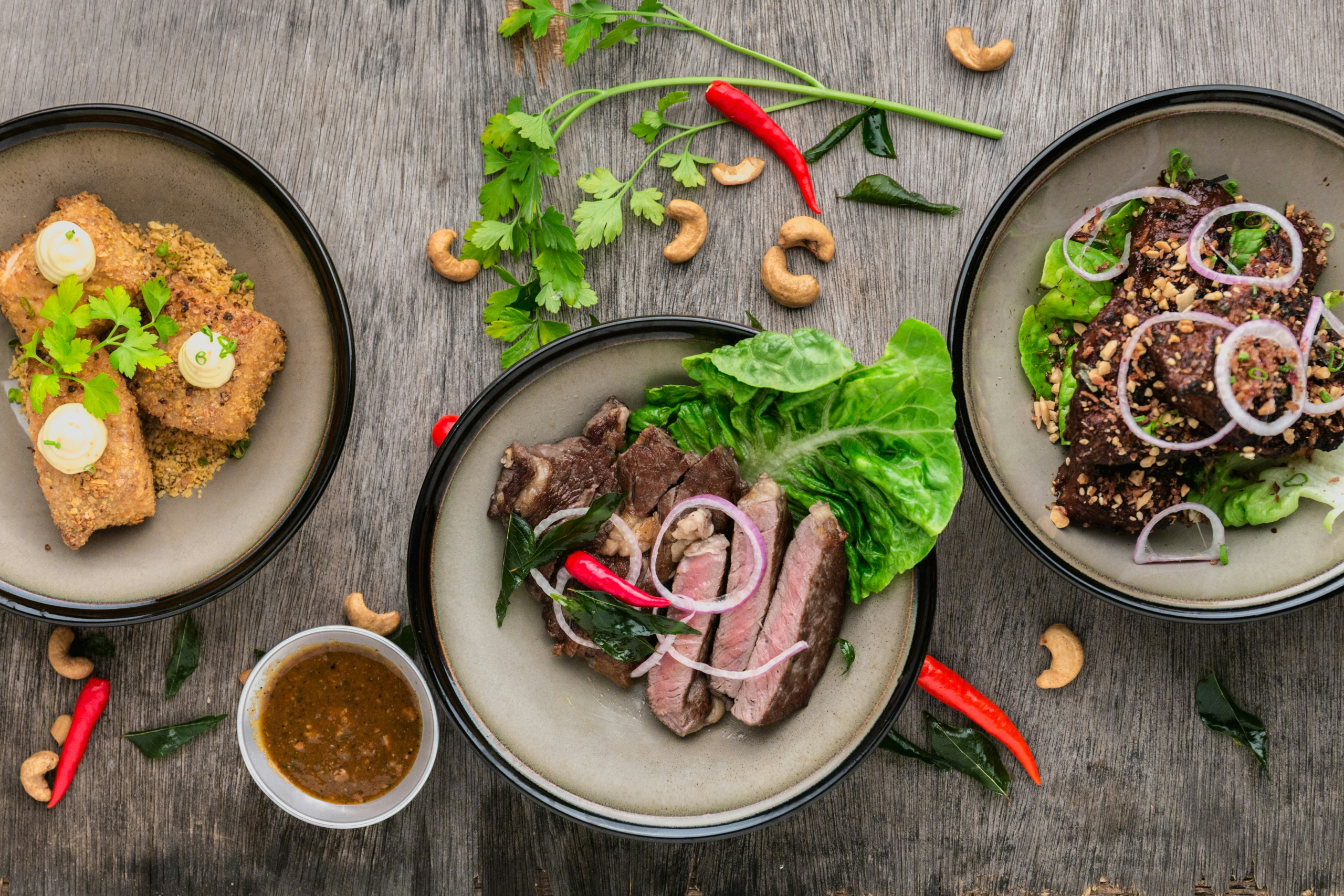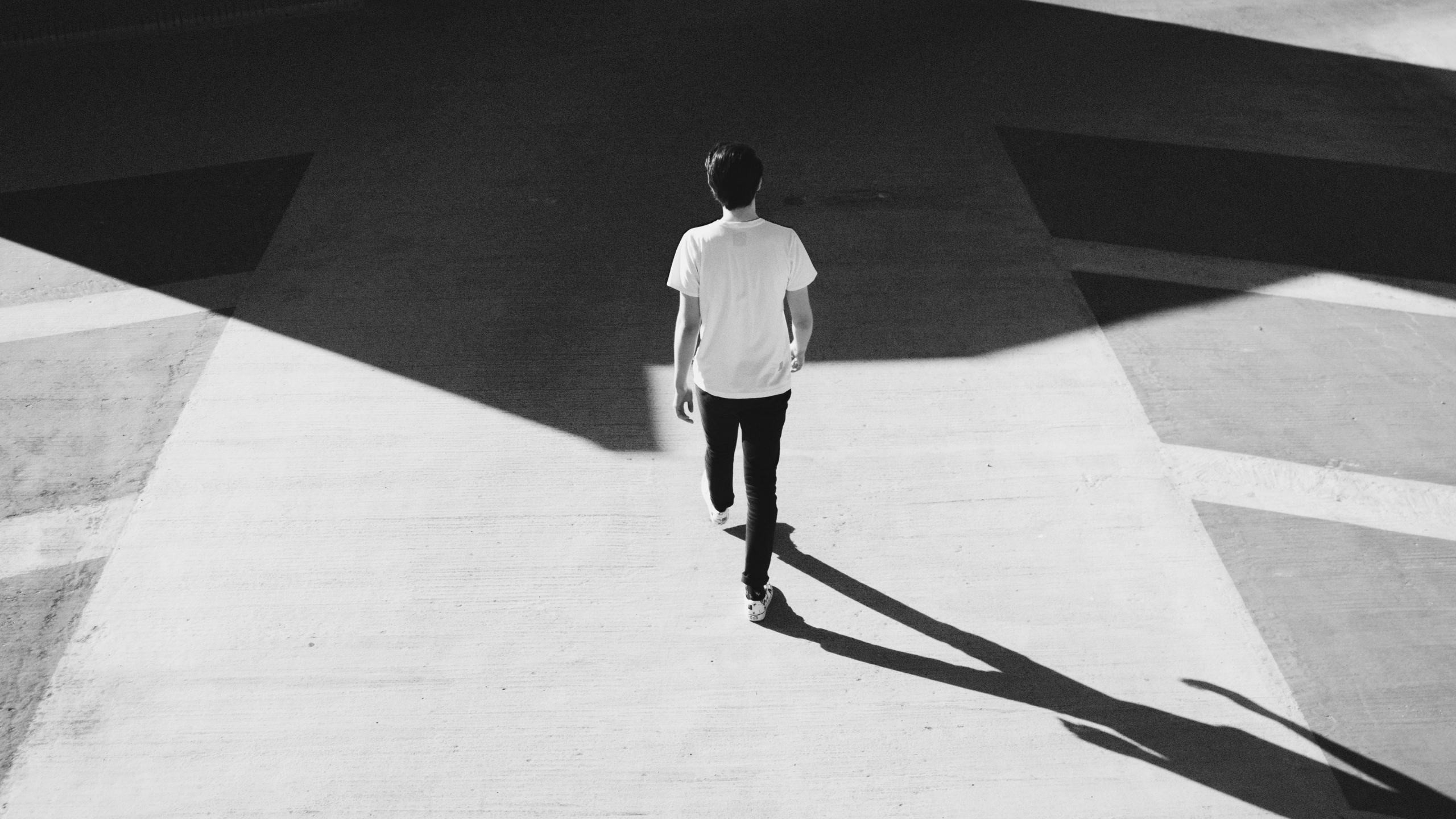Morning Routines of Highly Effective Professionals (And How to Improve Yours)
We’ve all heard that how you start your morning can set the tone for the entire day, but what does that actually look like for people who seem to get everything done without losing their calm?
Highly effective professionals don’t necessarily wake up at 4 a.m. or spend hours meditating. What they share is a deliberate approach: using their mornings as a launchpad for focus, clarity, and consistency.
Let’s look at how some highly effective professionals — from CEOs to writers — structure their mornings, and what you can borrow from them.
1️⃣ They wake up with intention, not chaos
Instead of diving straight into emails or social media, high performers start the day on purpose.
-
Oprah Winfrey begins her day around 7:30 a.m. with 20 minutes of meditation, followed by a workout and a healthy breakfast. She says it helps her “center before the world demands my attention.”
-
Tim Cook (Apple CEO) wakes up around 4 a.m., and he uses that quiet time to read customer feedback and plan priorities before meetings flood his day.
🕰 Takeaway: The time you wake up doesn’t matter as much as what you do with it. Give yourself some personal space before reacting to others’ needs.
2️⃣ They move early to wake up their minds
Physical movement is a common habit among productive people. It’s not just about fitness, it’s also about mental clarity.
-
Michelle Obama starts exercising by 4:45 a.m. because, as she says, “If I’m ever going to find time for it, it has to be before my day starts.”
-
Richard Branson prefers an outdoor morning — kitesurfing, tennis, or swimming — claiming it gives him double the energy for work.
🏃 Takeaway: Movement fuels focus. You don’t need an hour; even a brisk walk, light stretching, or yoga flow gets oxygen to your brain.
3️⃣ They eat and hydrate smartly
Effective professionals know energy management beats time management.
-
Jeff Bezos avoids early meetings and has breakfast with his family instead. He believes starting calm and well-fed sets the tone for good decisions.
-
Arianna Huffington drinks warm water with lemon before coffee and skips her phone entirely until after breakfast, saying it prevents anxiety and “sets a clear mental boundary.”
🥣 Takeaway: Breakfast isn’t about fancy food, it’s about starting your day steady.
4️⃣ They protect their mental space
Many high achievers keep their early hours for thinking, not reacting.
-
Barack Obama, during his presidency, often used early mornings for reading and reflection before national briefings began.
-
Writer Maya Angelou used to wake up early, go to a quiet rented room, and write longhand until the morning light shifted. She said routine freed her creativity.
🧠 Takeaway: You can’t pour from an empty cup. Even 10 minutes of journaling or quiet reflection can help you be in control of your day.
5️⃣ They simplify decisions
Every choice you make — what to wear, what to eat, when to start — drains mental energy. High performers reduce unnecessary decisions.
-
Mark Zuckerberg famously wears the same grey T-shirt daily, saying, “I want to clear my life of decisions that don’t matter.”
-
Steve Jobs did the same with his black turtlenecks and focused that energy on innovation instead.
👕 Takeaway: Simplify small things to make space for big thinking. Lay out clothes, automate meals, prep coffee; free your brain for creativity.
6️⃣ They create a transition into “work mode”
Even when working from home, high performers use rituals to mentally switch activities.
-
James Clear, author of Atomic Habits, says his first cup of coffee is his “cue” that it’s time to write. That single ritual tells his brain it’s work time.
-
Motivational speaker Mel Robbins uses a quick morning walk and a journaling session as her “transition routine” from her personal to her professional life.
☕ Takeaway: Build a ritual that tells your brain “now we start.” It could be coffee, a playlist, or opening your planner, the key is consistency.
7️⃣ They expose themselves to natural light
Morning light has a powerful effect on energy, focus, and even mood regulation. Many high performers make sunlight a deliberate part of their wake-up routine.
-
Andrew Huberman, neuroscientist at Stanford, says getting natural light within 30–60 minutes of waking “anchors your body clock” and improves alertness throughout the day.
-
Anna Wintour, Vogue’s editor-in-chief, starts her morning with an early tennis match, a mix of physical activity and daylight exposure that keeps her sharp and energized.
🌞 Takeaway: Step outside for even five minutes after waking, with your coffee in hand if you want. It’s one of the simplest and most effective ways to boost focus, mood, and sleep quality later that night.
8️⃣ They limit morning screen time
Successful people know that checking notifications first thing hijacks their attention. Instead of reacting to everyone else’s priorities, they protect their mental focus for their own.
-
Cal Newport, author of Deep Work, avoids email and social media for the first few hours of the day, using that time for writing and strategic thinking.
-
Arianna Huffington even leaves her phone outside the bedroom overnight, saying that “your phone should not be the first thing you see in the morning and the last thing you see at night.”
📵 Takeaway: Give your brain at least 30 minutes of peace before opening screens. Use that time for reflection, stretching, or personal development.
There’s no universal “perfect” morning routine, only one that supports your energy, focus, and peace of mind. The world’s most effective professionals succeed not because of their alarm clocks, but because they own their mornings instead of letting mornings own them.
Start small. Choose one thing: maybe wake up 20 minutes earlier, stretch, or journal, and build from there. The goal isn’t to do more. It’s to start your day feeling aligned and in control.





